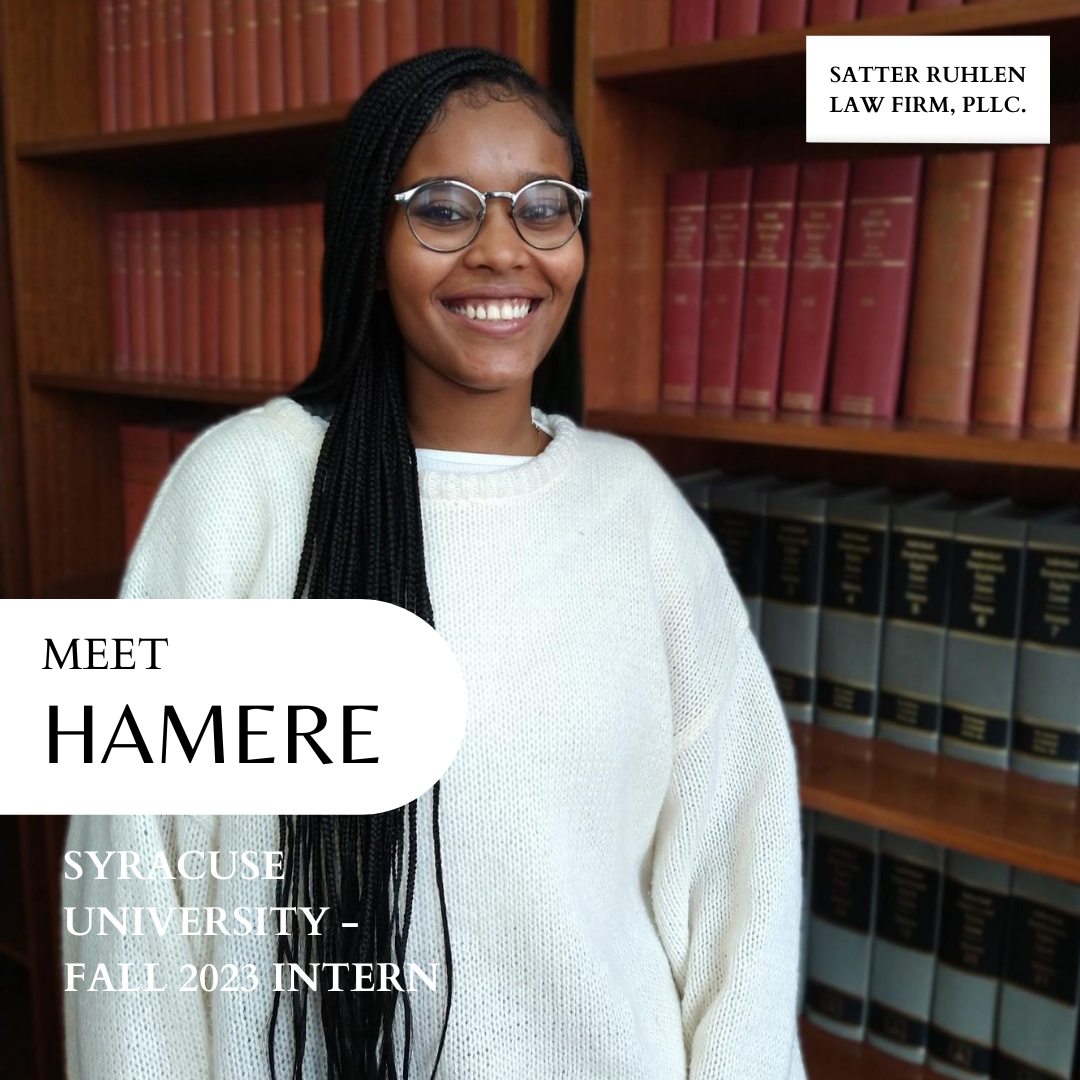
This is a guest post by our summer Peggy Browning Fellow, Jorge Salles Díaz. Jorge joins us from Vanderbilt University Law School. Stay tuned for more on Jorge – coming soon!
At-will employment has long been the default in the United States. What this generally means is that, unless you have a union or an employment contract, your employer can fire you or demote you for almost any reason. But there are exceptions.
If your boss asks you to do something you believe is illegal:
In the state of New York, your boss can’t fire you, threaten you, or penalize you because you won’t do something that you believe breaks a law or regulation, as long as your belief is reasonable. See NY Labor Law § 740(2). In this context, reasonable means that an ordinary reasonable person in your position could also believe that the activity you are being asked to do is illegal.
The law that protects workers in these situations covers both employees and independent contractors and is applicable to employers of all sizes. See NY Labor Law §740(1).
If you are retaliated against by your supervisor because you refused to do something you reasonably believed to be illegal, a judge may, when applicable, order your employer to stop the behavior, impose a $10,000.00 fine, grant you back pay, reinstatement, and may also ask your employer to pay for your lawyer. The employer may also be liable for punitive damages if the violation is willful. See NY Labor Law § 740(4).
Fair warning: Employees who bring frivolous claims may be ordered to pay the employer’s attorneys’ fees and costs – which often amount to six figures. So before you file a big court claim, it’s a good idea to speak to a workers’ rights attorney in your jurisdiction.
If you witness something illegal and you want to report it:
If you witness something that you reasonably believe breaks a law or regulation at work, you generally must report it to a supervisor before going to the authorities to be protected by the worker protections available in New York. See NY Labor Law § 740(3). The employer, in turn, cannot retaliate against you if you come forward to report activity you reasonably believe to be illegal. This requirement doesn’t apply in some special cases, such as when:
- there is an imminent and serious danger to public safety
- the employee reasonably believes that reporting to a supervisor would lead to the destruction of evidence
- the activity could endanger the welfare of a minor
- the employee reasonably believes that reporting to a supervisor could lead to physical harm to the employee or someone else
- the employee reasonably believes that the supervisor is already aware of the illegal activity and will not stop or correct it.
See NY Labor Law § 740(3).
New York labor law protects workers who report illegal activity to the government or to the employer, but not to the media or other third parties. See NY Labor Law § 740(2)(a). If you tell the media about illegal activity going on at your workplace, you can possibly be fired or retaliated against by your employer unless you are protected by another statute.
The same protections that exist for workers who refuse to do illegal activity exist for workers who report illegal activity to a supervisor or to the government. The law covers both employees and independent contractors and is applicable to employers of all sizes. See NY Labor Law §740(1). Under the law, a judge may, when applicable, order your employer to stop the behavior, impose a $10,000.00 fine, grant you back pay, reinstatement, and may also ask your employer to pay for your lawyer. The employer may also be liable for punitive damages if the violation was willful. See NY Labor Law § 740(4).
If you have witnessed something that you believe might be illegal at work and you want to come forward, it is a good idea to talk to a workers rights lawyer first, especially as this law includes penalties for bringing frivolous claims!








